The 1855 Classification of Bordeaux is a 19th century ranking of wines that are much sought after. The upside is that today’s discerning customer can also get superb value from lower classed crus. Ashika Mathews explains
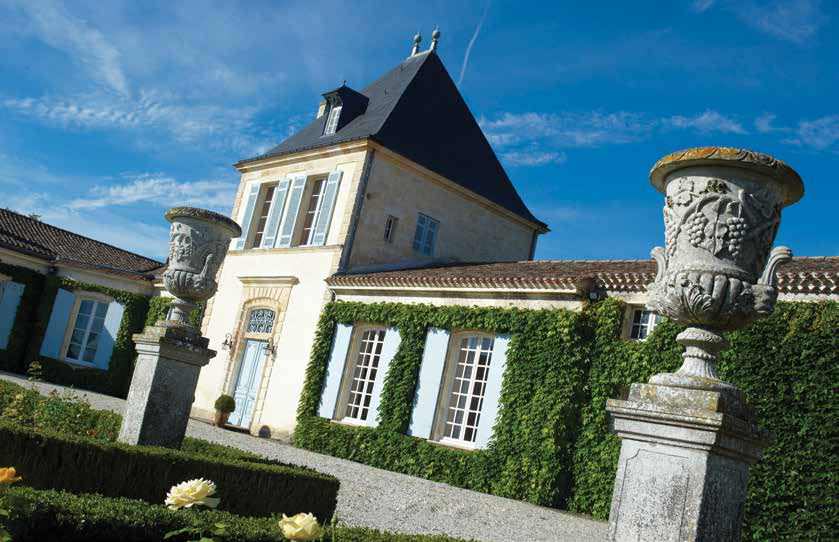
The Left Bank of Bordeaux is to many classicists the Holy Grail of wine. The names here are a roll call of aspirational wine drinking and collecting. But it has also found itself the subject of criticism: that the pricing is absurd, the style out-of-date, the complexities too subtle to comprehend. And yet for any producer of Cabernet Sauvignon and Merlot based blends, Left Bank wines remain the benchmark.
The Bordeaux Classification of 1855, a ranking system of these wines which was put in place by Napoleon III was based on the prevailing prices, which it was believed logically reflected their quality. The top wines were divided into five classes from 1st Growths to 5th Growths – the Crus Classées. And despite changes of ownership, vineyard holdings and winemaking these have remained written in stone, with one exception, that of Mouton Rothschild which was elevated from 2nd to 1st Growth in 1973 when its label declared: “Premier je suis, second je fus, Mouton ne change”. (First I am, second I was, I Mouton do not change).
However, beyond these classified growths there lay a huge number of petits châteaux that also showed considerable variation in style and quality and required further classification for an increasingly interested market. The first came in 1932 when 444 properties were designated Cru Bourgeois. Since then, the Cru Bourgeois classification system has been on something of a rollercoaster ride.
Following the latest decree in 2009, properties are selected on the basis of an annual blind tasting two years after the harvest, when estates can be downgraded as well as upgraded. Recently, 271 châteaux have been qualified with their 2015s. While not as controversial as the 2006 St Emilion demotion that has seen various lawsuits and daggers drawn reactions from participants and jury members, the Cru Bourgeois is not without its own drama.
This story is from the {{IssueName}} edition of {{MagazineName}}.
Start your 7-day Magzter GOLD free trial to access thousands of curated premium stories, and 9,000+ magazines and newspapers.
Already a subscriber ? Sign In
This story is from the {{IssueName}} edition of {{MagazineName}}.
Start your 7-day Magzter GOLD free trial to access thousands of curated premium stories, and 9,000+ magazines and newspapers.
Already a subscriber? Sign In
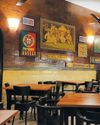
Godinho Historic family owned restaurant
Feasting on Portuguese and Indigenous Goan flavours, relive the calm and quiet of a time long gone by,
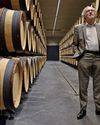
Laurent Ponsot is one of Burgundy's most celebrated winemakers
Jon Wyand finally captured the mercurial Laurent Ponsot - a renowned winemaker and vintner known for his exceptional Burgundy wines - on camera

Exploring Brunello vintages
Ten years in the bottle, a long decant, and yet the harsh tannins overshadowed everything.
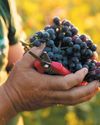
An ode to the diva grape
It is worth tasting Pinot Noir in all its varied roles - from the shy, delicate ingénue, and simple yet intense New World newbie to the full-on Grand Cru prima donna
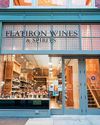
Best ways to explore wine in a new city
The first thing most of us want to do when we go to a new city, be it Dallas or Boston, is to enjoy a few good wine tastings
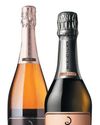
Champagne Billecart-Salmon
One would think that a 200-yearold Champagne as renowned as Billecart-Salmon did not need any marketing, yet Billecart-Salmon AsiaPacific head, Sebastien Papin was recently in India to tell us about the brand and how the wine is best appreciated.

A thoughtfully curated wine experience
Wine tastings at Vintage Wines in Karjat, Maharashtra, are designed to enhance the appreciation of wine and deepen our understanding of it, writes

The legacy of Henri Gouges
The wines of Maison Henri Gouges from the commune of Nuits-Saint-Georges are considered among Burgundy's hidden gems

An overview of Sussex and
Rosemary George describes the importance of Sussex as an appellation and its potential for tourism

Shades of Rosé
Rioja and Navarra share a love for Grenache, producing two very distinct styles of rosé, writes Elizabeth Gabay MW, which succsesfully enrich the category as her tasting notes illustrate